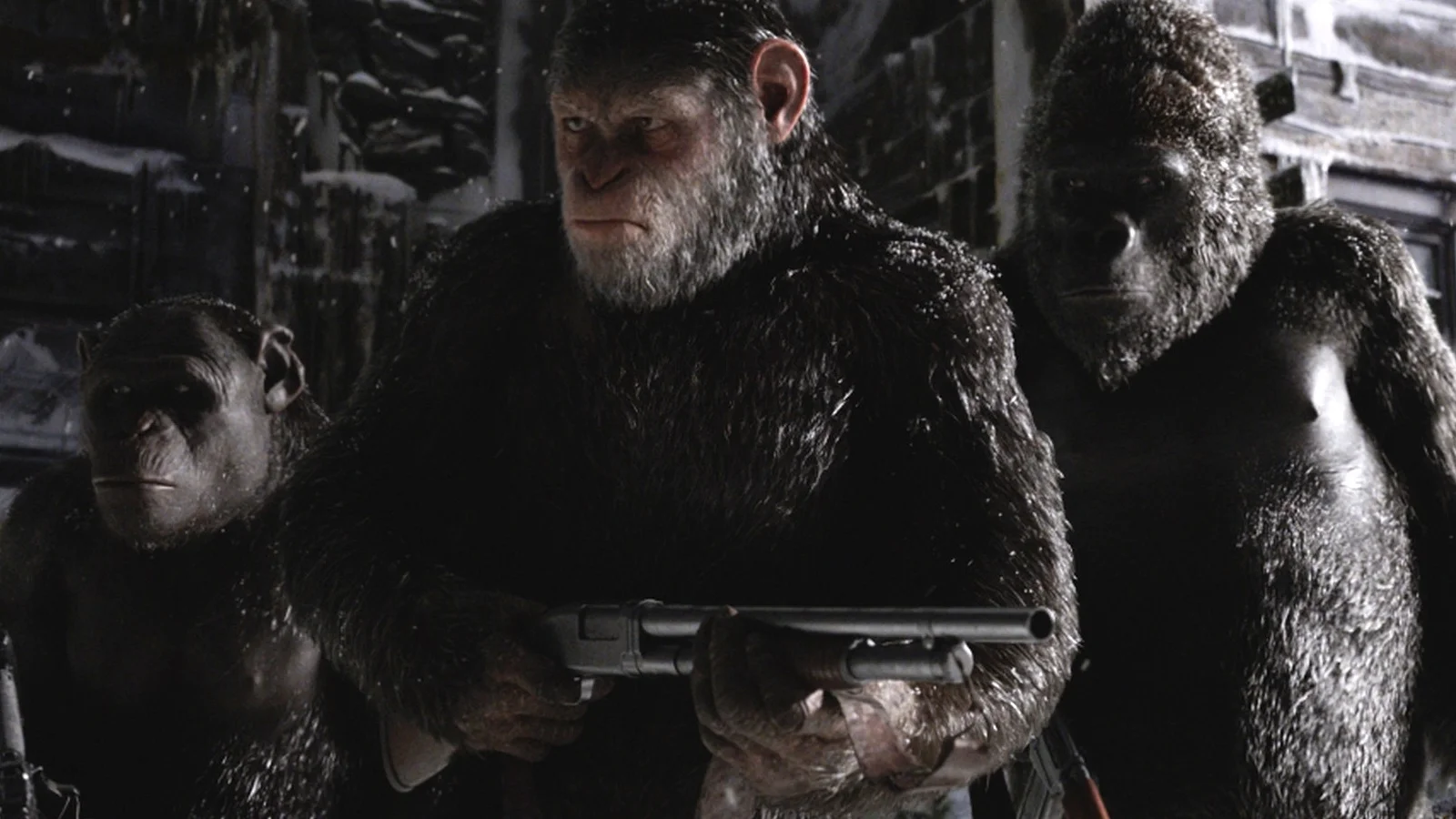Review: The Bad Batch
The Bad Batch isn't the post-apocalyptic, cannibal love story anticipated by its plot summary, at least, not the kind one would conceive of. A two-hour film with maybe ten minutes of actual plot development, it largely amounts to a mind-numbing array of scenic desert landscapes and Jodorowsky-esque imagery.
The energy expressed throughout is fairly sombre and ratchets up to a high pulse rate in the film's first act, where protagonist Arlen (Suki Waterhouse) is ejected from the United States into Mexico - now a wasteland of rejects and criminals; a turn of events which costs her an arm and a leg (literally). Rescued by an odd hermit (a low-key performance from Jim Carrey), she finds sanctuary in the village of "Comfort," a hippie paradise that inexplicably contains a skateboard park and a Ramen noodle cart (this was produced by VICE after all), led by The Dream (Keanu Reeves), a Messianic figure who is also a dead-ringer for Andy Kaufman's Tony Clifton persona. Arlen decides to take revenge for what she's lost, later leading her to straight up murder the wife of "Miami Man" (Jason Momoa), a musclebound hulk and cannibal leader, whom she later falls in love with as well as assuming the motherly role of his child in a discomforting turn of events.
For her sophomore feature, Ana Lily Amirpour goes headfirst in terms of making something which borrows from a range of influences and feelings to deliver an atmosphere which feels so familiar yet disconnected from what we're used to seeing, even in this subgenre. It can't be said that she goes into the deep end, unfortunately most of the film is resolutely shallow. The Bad Batch becomes a gruelling exercise with long stretches of silence and a kind of incoherence which beckons the viewer to keep going to the end to find some form of deeper meaning. It is a unique experience, clearly, one which few other filmmakers would undertake, especially with its premise and ensemble. Those expecting a minimalist Mad Max are sure to be disappointed, as the characters contained within lack dimension and, in some instances, overall purpose.
Aside from Momoa's Miami Man, most of what the other characters say and do is incongruous, and does nothing to either move things forward or be engaging in itself. Model-turned-actress Suki Waterhouse doesn't quite have a commanding screen presence, which is a shame given she gets the lion's share of attention. Giovanni Ribisi plays a vagrant resident of Comfort who acts like he lives in another world entirely, possibly a better film than this one, adding nothing of value and coming off as an annoyance. And Keanu Reeves, who doesn't really come into the film as a figure of importance until the third act, gets some poorly written speeches to deliver and that's about it.
I will say Jim Carrey's performance as the Hermit, one which goes unlisted in the film's opening credits, is dialogue-free and manages to be more complex and interesting to watch than anyone else in the film. He's the secret weapon and employed to great effect, and if there's a reason to suffer through the film, it's definitely for his on-screen moments.
The one interesting element of The Bad Batch's narrative is how it deals with the idea of contrasting subcultures - cannibals are depicted as alpha male fitness freaks who work out in the open and keep prisoners chained up as prizes of sorts, while the residents of Comfort are hipsters pursuing the idea (or, the Dream) of a free life of peace, harmony, and partying every night like it's Coachella. But as it turns out, Miami Man has as much heart as his muscley exterior would have you believe, and Comfort itself is not all that it’s cracked up to be. These extreme characterizations planted into the milieu of its writer/director's story are defined by different indulgent desires and based within an aura of commodification, and help to foreground how things are not what they seem when it comes to presentation. I wish that there were more concise readings to be found and made here, as “appearances can be deceiving” doesn’t seem applicable enough as a thesis statement (based on a recent Q&A incident, Amirpour appears reluctant to give reasoning for her artistic decisions, going as far to state “I don’t make a film to tell you a message.”).
The Bad Batch is style over substance to the point of being grating. It's a huge comedown from A Girl Walks Home Alone at Night and something that probably would have worked better with a tighter, less aimless edit. It does look great and should you need something to put on in the background of your next house party, this would be an inspired choice. I have to commend Amirpour and her crew for putting the "vision" in visionary, even if the film itself is largely pointless. I hope the next project she undertakes displays the essence she brought to her first feature, where aesthetic and story can be placed on equal ground.





